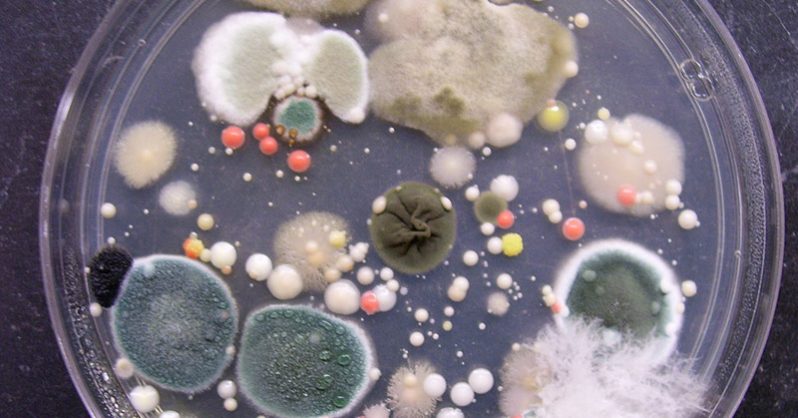The practice of removing your shoes when entering a home is not a topic that everyone unanimously agrees on. Usually, the decision is associated with regional and sometimes cultural differences. For example, people in most Muslim-majority countries, Japan, Finland, Sweden, among many others, remove their shoes before making their way into a home for varying reasons. However, in places like the U.S., people are divided on whether or not removing your shoes is necessary or even appropriate.
As it turns out, the practice of removing your shoes should be adopted by everyone, and it’s not just for customary reasons but for hygienic ones. A study conducted at the University of Arizona found an average of 421,000 bacteria on the outside of shoes with 9 different strains of bacteria. Of those strains included Escherichia coli, better known as E coli, which can give you intestinal infections, diarrhea and in rare cases, meningitis; Klebsiella pneumoniae, which can cause urinary tract infections; and Serratia ficaria, which can cause respiratory infections.
If you’re wondering how the bacteria get there, Kelly Reynolds, Ph.D., a microbiologist and professor at the University of Arizona has some insight: “We walk through things like bird droppings, dog waste, and germs on public restroom floors – all of which are sources for E coli.” She adds, “The unique thing about the shoe environment is that other things you walk on like leaves and debris, can serve as food for the bacteria and help them grow.”
According to Dr. Reynolds, what this means is that potentially harmful bacteria can survive on your shoes for days or even weeks. That bacteria can be transferred onto your floors and carpet, and even worse if you’ve ever rested your shoes on a piece of furniture or your bed.
It gets worse. Another study conducted at the University of Houston found that 26.4 percent of shoes carry a bacteria called Clostridium difficile, also known as “C. diff”. This bacterial strain can cause symptoms ranging from diarrhea to life-threatening inflammation of the colon.
Another potential concern is toxins. A study by the Battelle Memorial Institute, a nonprofit research group, found that toxins from treating your lawn can easily be tracked into your home.
Furthermore, another study from Baylor University found that asphalt roads sealed with coal tar have an increased risk of developing cancer from toxins. They discovered that these toxins are brought in on your shoes and settled inside the house as dust particles. It’s probably safe to say that removing your shoes is probably your best bet when it comes to keeping your home free of harmful bacteria.
If you found this story interesting, make sure to SHARE this post with all of your friends on Facebook. Swipe down to ‘NEXT POST’ for more stories like this!





